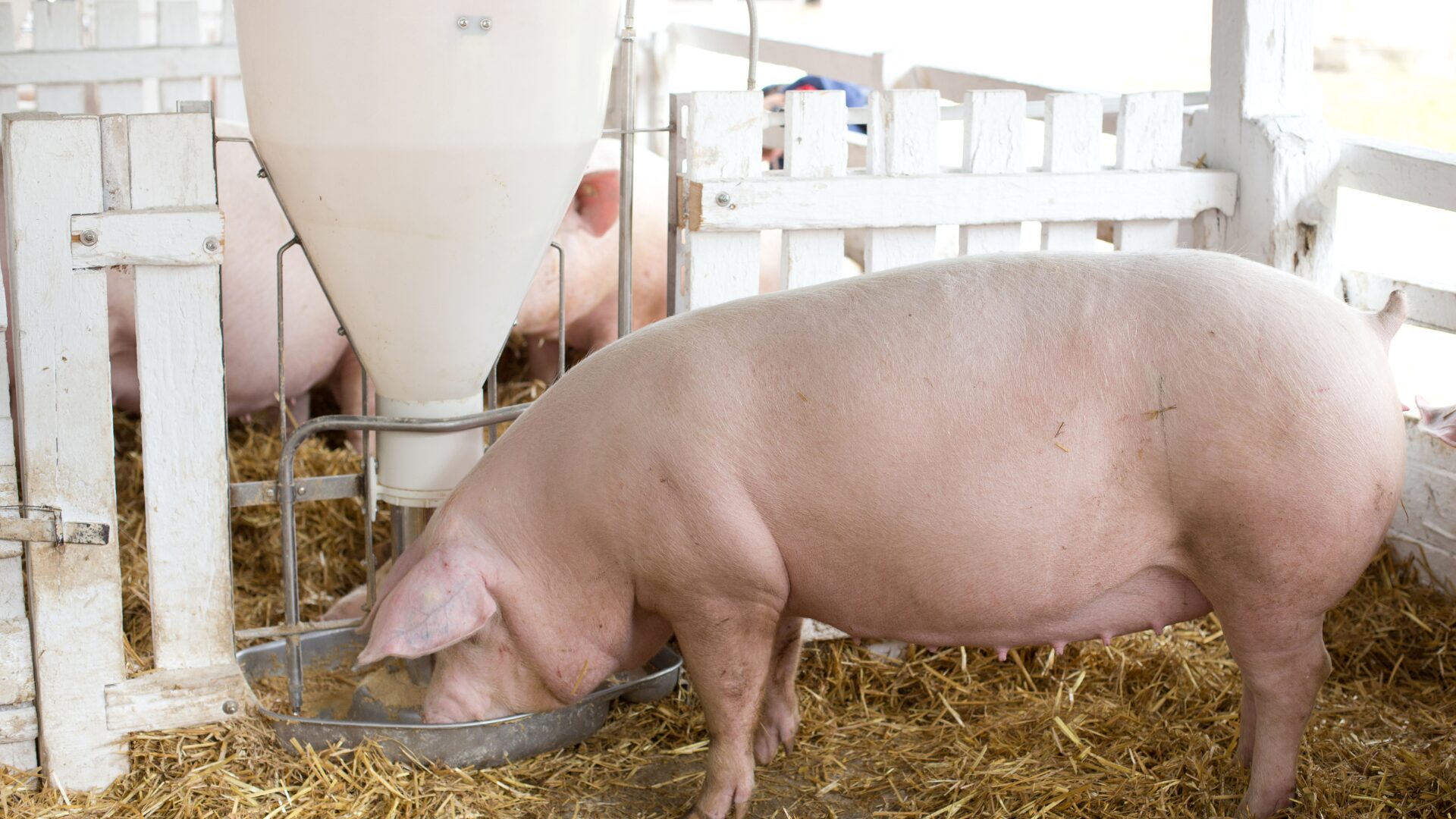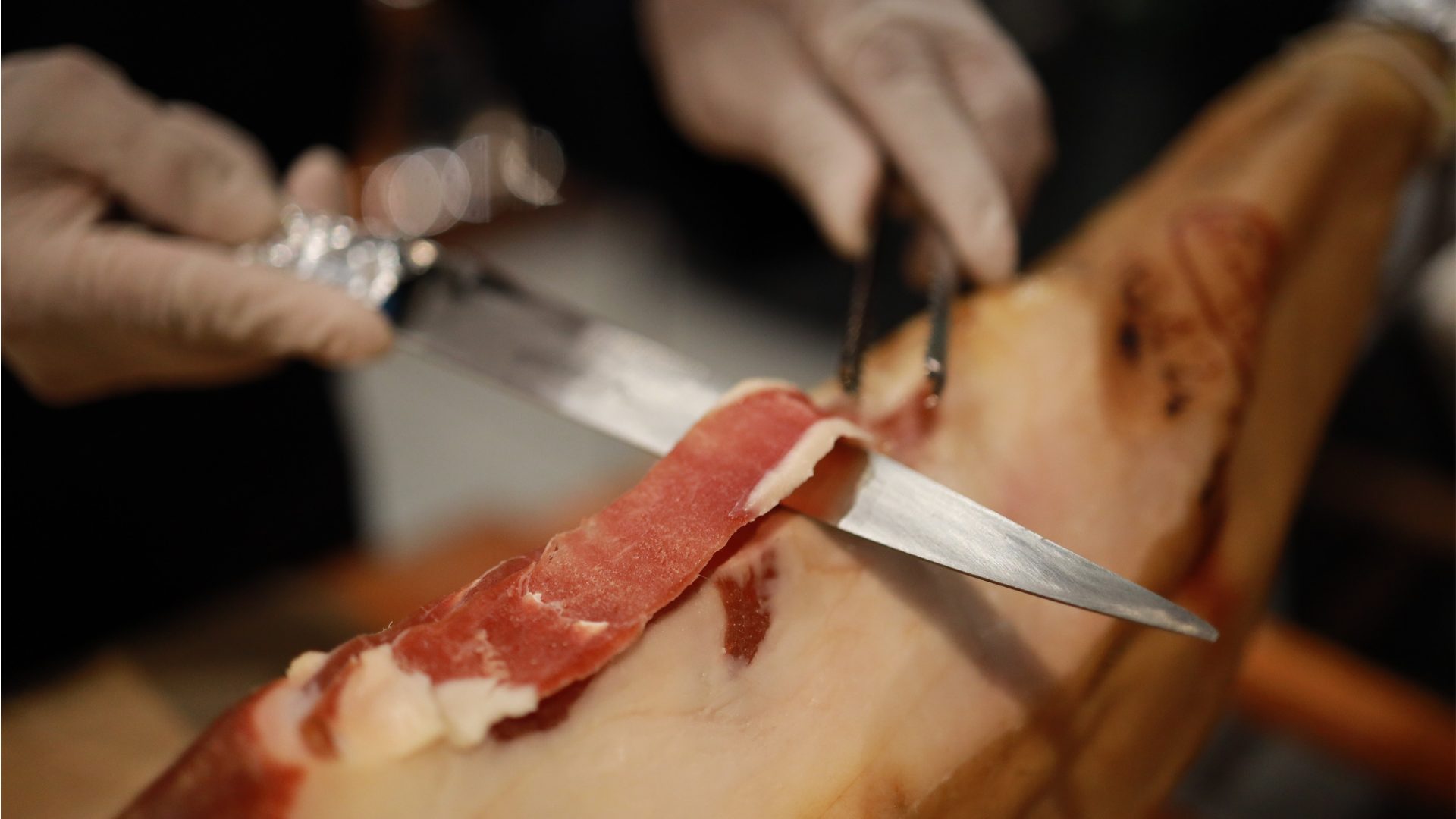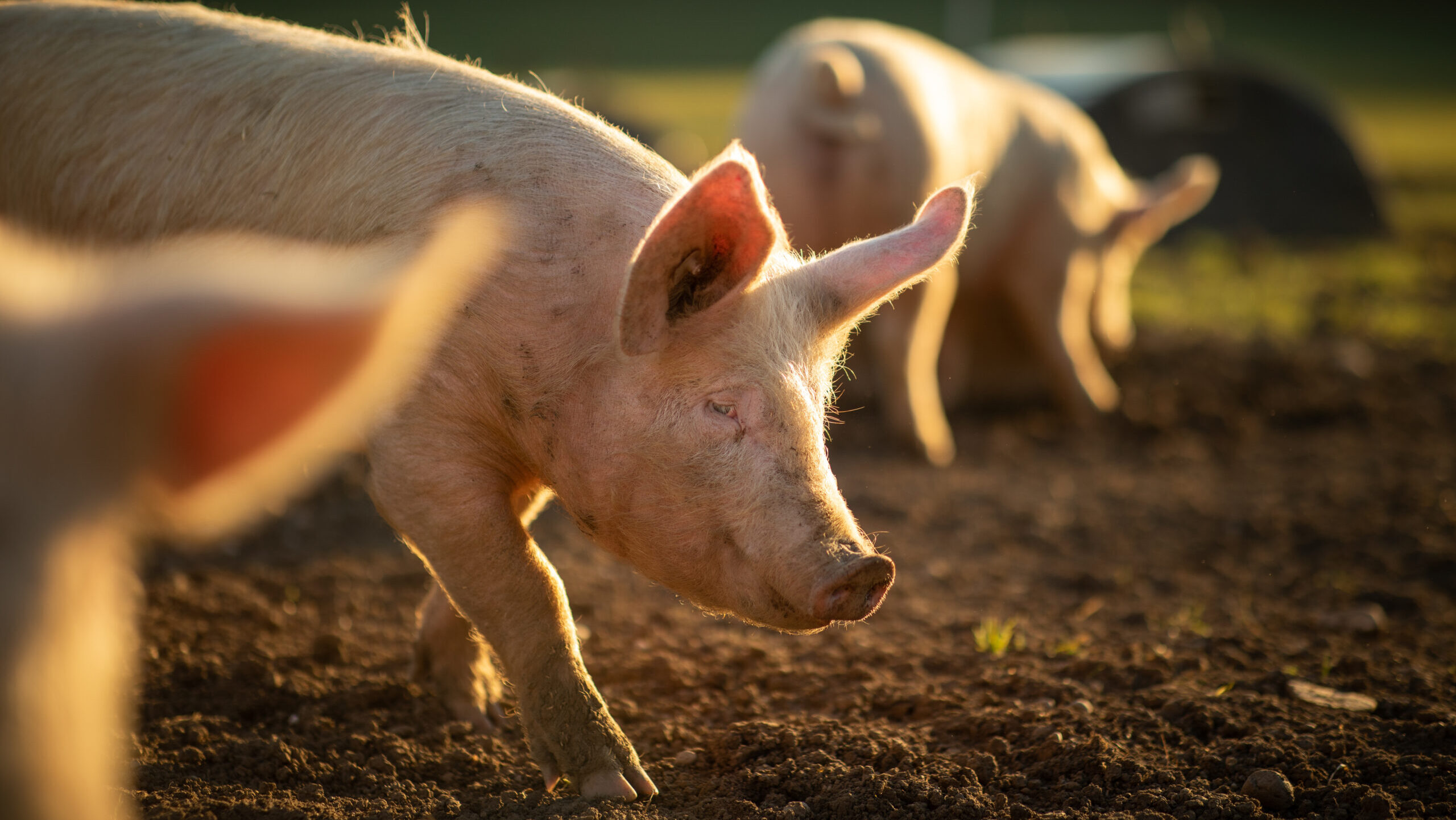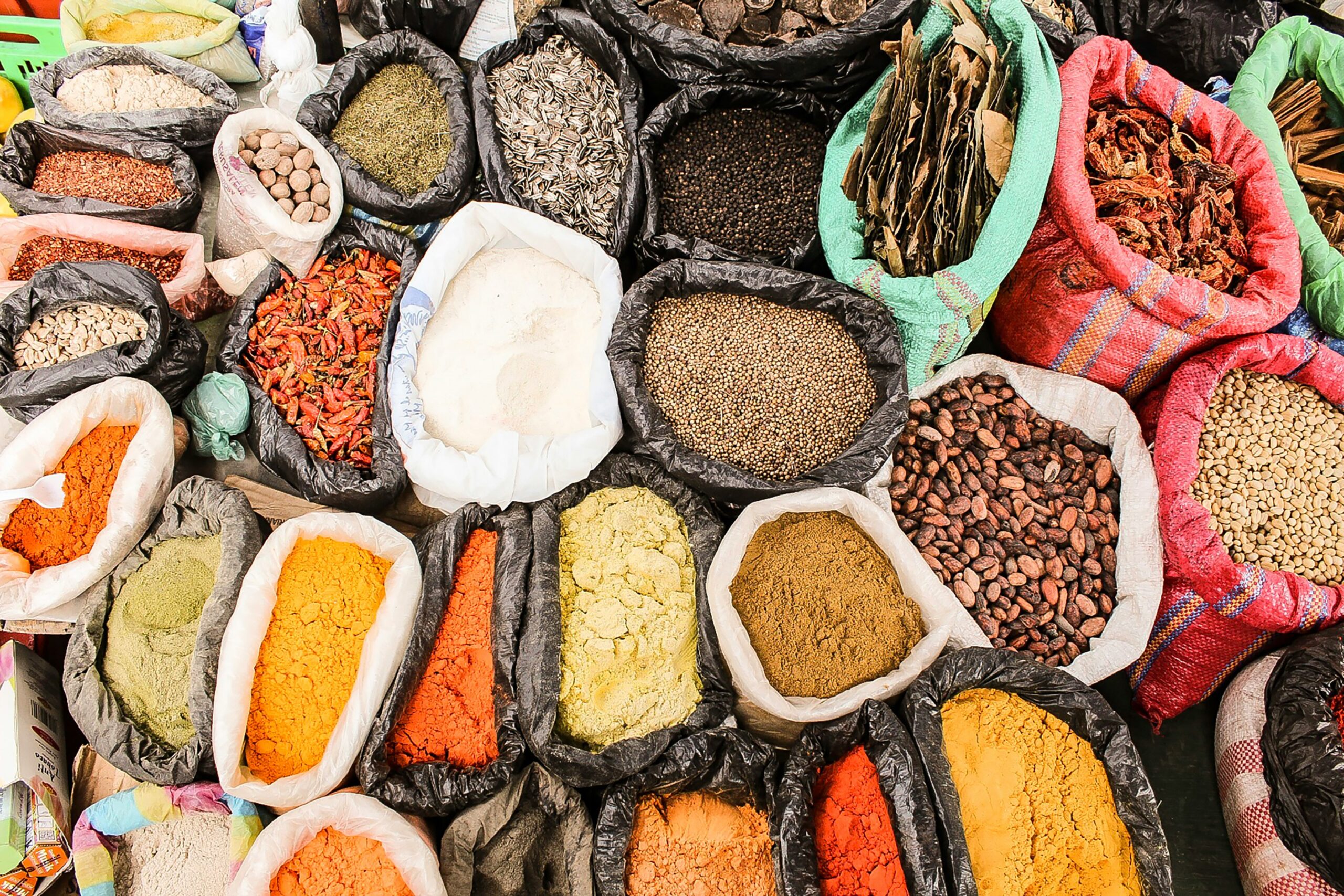The Philippines has begun rolling out an unproven African swine fever vaccine produced in Vietnam to try to stem an outbreak of the virus plaguing pig farming across three continents, SciDev.Net reported.
ASF is caused by 22 known types of Asfarviridae virus and presents as a hemorrhagic fever with as much as 100% mortality, according to the World Organization for Animal Health. There is no evidence the virus poses a threat to humans.
The disease has been surging for two years. There is no internationally approved vaccine.
The live-attenuated Vietnamese vaccine has been criticized over the lack of transparency in its development. A study published in Nature found that when tested in 10 pigs, a variant emerged in one animal and spread to the rest. All the animals survived.
The USDA Animal and Plant Health Inspection Service withdrew the vaccine from possible use in the U.S. in 2022, saying its genome was unstable and “not safe for use in pigs.”
Farmers Guide reported the disease could hit the U.K. within months because of lax border controls in the wake of Brexit. Various agriculture organizations have raised concerns about illegal meat crossing into the U.K. at Dover, noting 100 tons had been confiscated since 2022.
“Any disease outbreaks immediately cut the U.K. out of export markets [like] China and would most likely suspend any imports from the U.K. to other countries. There’s the disease point of view, and then there’s the loss of the export markets,” Nick Allen, CEO at British Meat Processors Association, told Food Ingredients First.
ASF is spreading through parts of Europe, Asia and Africa. Wild boar hunts have been scheduled to try to prevent the disease from spreading further.
Meanwhile, in other agriculture news:
GMO wheat: U.S. regulators announced the approval late last month of a testing process that could lead to the planting of a genetically modified strain of wheat from Argentina that is drought-tolerant.
But Casey Chumrau, CEO of the Washington Grain Commission, told the Spokane Spokesman-Review, the only way the new wheat will have a major impact on the Pacific Northwest is if import countries want it. Farmers in Washington state export 90% of their soft white wheat.
Food contamination: Research published in Applied and Environmental Microbiology warns the risk posed by Salmonella enterica is increasing because of climate change. The study examined the role of humidity in plant disease progression and found high humidity was necessary for replication of the pathogen.
“Overall, this study emphasizes the role of phytobacterial disease as a driver of S. enterica success in the phyllosphere, demonstrates how the time of arrival during disease progress can influence S. enterica’s fate in the apoplast, and highlights the potential for humidity to transform an infected apoplast into a growth-promoting environment for bacterial colonizers,” the study found.
The Food Institute Podcast
U.S. grocery retailers are facing regulatory scrutiny on pricing, ever-increasing shrink and a financially-stretched consumer, but how can they adapt to these new market pressures? Supermarket Guru Phil Lempert joined The Food Institute Podcast to discuss the Kroger-Albertsons merger, the rise of private label and more.












